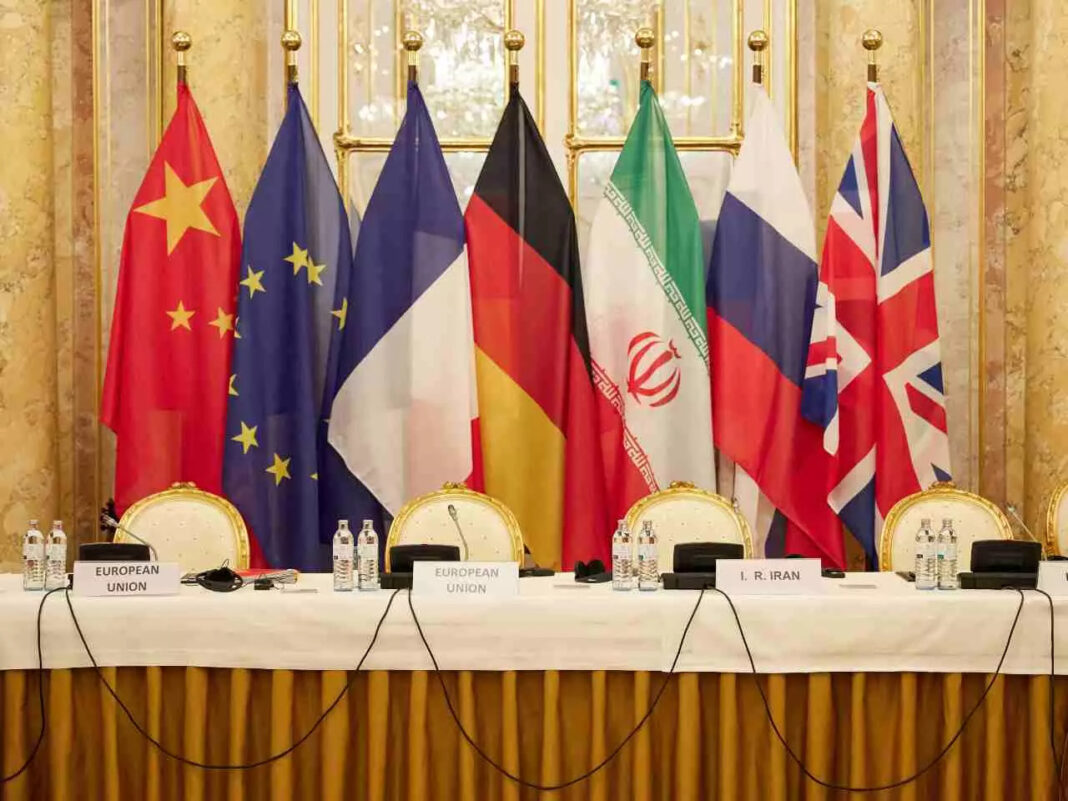Despite pessimistic speculations regarding the outcome of the negotiations in Vienna, now odds are in favor of optimistic probabilities.
According to Iranian officials and what the Russian government’s special envoy, Mikhail Ulyanov, have said, Tehran has agreed to relinquish some of its maximum demands by accepting recommendations by Moscow and Beijing so that the lengthy Vienna talks result in a deal based on the results of six rounds of talks that stopped last June.
Although it is unclear to what extent Tehran will show flexibility in the new round of talks, the Russian and Chinese envoys’ optimism that the Vienna talks will produce results, recent talks between the foreign ministers of Iran and Oman and the US and European troika’s expression of hope about achievable results all indicate the way is paved for an agreement.
However, unexpected events are still possible. The staunch opponents of the JCPOA inside Iran now face the reality that has imposed itself on their slogans and opposition that continued until recently.
To claim that a possible future deal is the inevitable result of efforts by the current administration to correct mistakes by former president Hassan Rouhani’s government is more like a repulsive behavior that seeks to hijack from the outcome of the negotiations.”
Those who try to hamper the talks in Vienna need to finally realize that foreign policy is an arena of realism, flexibility, and practical understanding, regardless of factional affiliation.
So instead of stymieing the negotiations, it would be good for some political currents to try to change their attitudes in the national interest.
